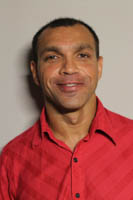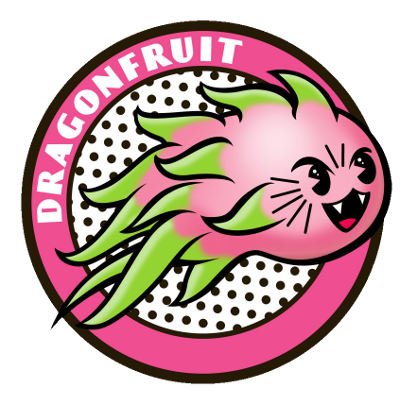Devesh Khatu

Devesh Khatu is a gay South Asian activist and dedicated marathon runner who moved to San Francisco from Mumbai in 1992. To find community, Devesh first got involved with Trikone, a non-profit for South Asian LGBTQ, and mobilized the group to play a more active role in the community. Later, he joined the board of directors at the Asian and Pacific Islander Wellness Center (APIWC). His involvement with APIWC became an integral part of his support system when he was later diagnosed with HIV in 2003. His sister, a volunteer with an HIV/AIDS outreach program in India, also became a source of knowledge and support in what he referred to as “accidental activism.” Given the stigma around HIV/AIDS in the Asian-American community, particularly in his own South Asian communities, Devesh ‘accidentally’ found himself in activist work after coming out as both gay and HIV-positive to these communities. Running marathons was another way Devesh became an accidental activist. By running one marathon a month, Devesh was not only proving to his former classmates (who made fun of him for being unathletic) that he was capable of physical feats, but also proving to himself and the world that being HIV-positive was not a barrier to participating in physically demanding activities.
When Devesh returned to Mumbai to run his 50th marathon to raise funds for the Humsafar Trust, an HIV/AIDS services organization in Mumbai, The Times Of India (the country’s largest English-language newspaper) published a story on him. Inevitably, Devesh’s mother came across the article and discovered his sexuality.
It was partly as a challenge after testing positive for HIV, I thought that running a marathon would be a good challenge to take on to just prove to myself and the world that living with HIV is no different…
So, you know, I’ve talked to people who were transitioning, who’d been, you know, they had no one in their family they could really talk to about it, and this is, we’re talking twenty years ago. This is before people were talking more overtly about their sexuality, sexual orientation, gender identification, so I feel like being this person that could be out, I could be, I could actually go and represent and talk for our community in ways that other people didn’t’ feel comfortable doing…
